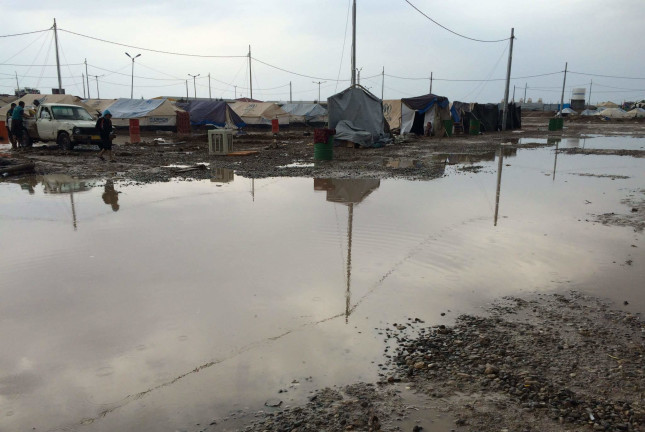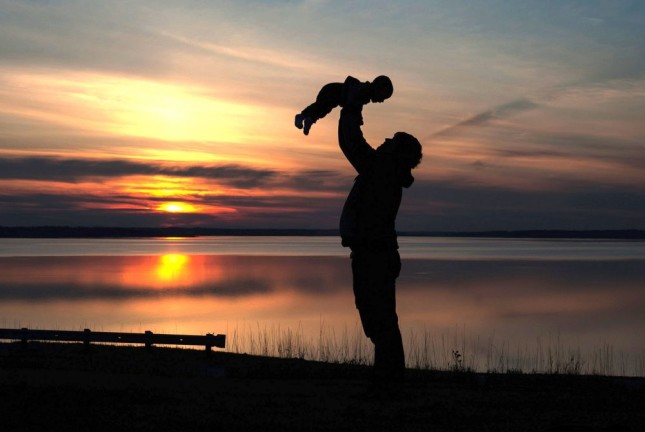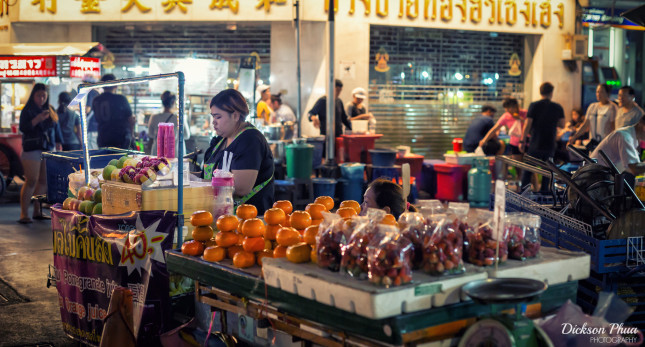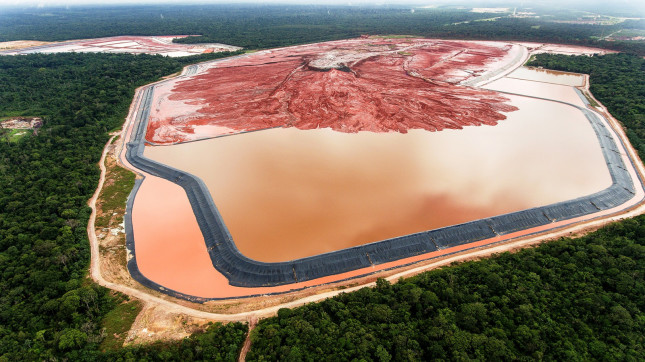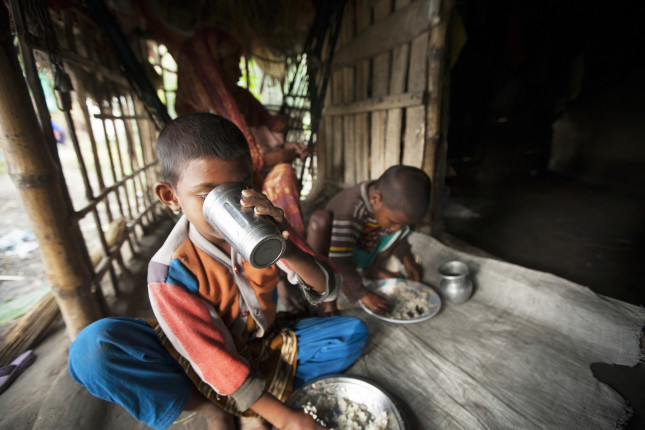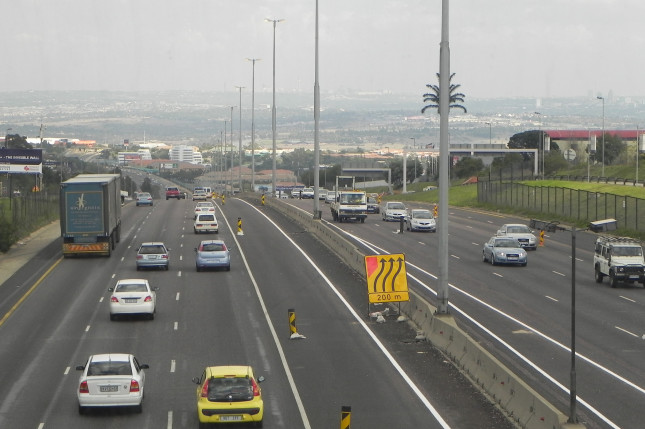-
Stormy Weather: Human Security Should Include Freedom from Hazard Impacts
›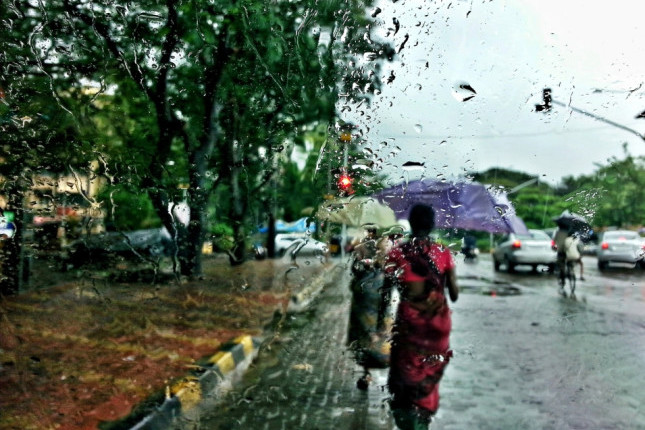
It is imperative that countries adopt a human security approach to achieve “freedom from hazard impacts”—nationally through a scientific disaster risk reduction strategy and internationally through climate diplomacy.
-
Environmental Security in Times of Armed Conflict
›
This summer, Iraqi citizens in Basra demonstrated in the streets to protest a serious public health crisis caused by polluted water. The condition of their water infrastructure was deplorable after years of devastating wars, corruption, and droughts and regional hydropolitics. More than 100,000 people have reportedly been poisoned by polluted water, while recent estimates warn that some 277,000 children are at risk of diseases, such as cholera due to rundown water and sanitation facilities at schools.
-
“Norway’s “Daddy Quota” Means 90 Percent of Fathers Take Parental Leave”
›
Visitors to Norway often remark on the number of men pushing prams around its streets. This summer, those pram-pushing days are growing longer, and not just because of the endless sun. Fathers of children born on or after July 1 will get 15 weeks non-transferable parental leave, rather than the already-generous 10 previously available.
-
Resilient Cities Need to Support the Informal Economy: Millions of Overlooked Working Poor
›
For this World Cities Day, the UN’s theme calls for “building sustainable and resilient cities.” Cities across the Global South are assessing their physical preparedness against future shocks. Can cities that leave out—or often push out—poor workers claim resiliency? These moves are, in fact, weakening any preparedness. The foundations of truly sustainable and resilient cities lie in their residents’ abilities and agency.
-
Environmental Activists Under Assault in Brazil
›
Environmental activists in Brazil are under attack. Last year—the worst year on record—57 of them were assassinated in Brazil, the most dangerous country for environmental activists in the world. The last few years have seen a dramatic uptick in killings of people who take a stand against companies and other actors that commit environmental crimes.
-
Lack of Access to Food Tied to Anemia for Women and Girls
›
This year, “we went from 815 million people food insecure to 821 million—for the third year in a row increasing,” said Ambassador Ertharin Cousin, referencing the latest State of Food Insecurity and Nutrition Report in a recent Smart Women, Smart Power conversation held at the Center for Strategic and International Studies. Ambassador Cousin served as executive director of the World Food Program between 2012 and 2017, and before that, she served as executive vice president and chief operating officer of America’s Second Harvest, now known as Feeding America.
-
The Workplace Has Failed to Adapt to Mothers’ Needs — and It’s Taking a Toll
›
“I don’t wanna work anymore,” the comedian Ali Wong exclaimed in front of her audience on her recent Netflix stand-up show — she was heavily pregnant at the time. “Well, I don’t wanna lean in, OK? I wanna lie down,” she added, referring to Lean In, the iconic career advice book for women. The crowd roared with laughter.
-
African Free Trade Could Increase Resilience to Climate Change and Conflict
›
Developing countries are most vulnerable to the effects of climate change, such as drought, flooding, severe weather events, and threats to humanity’s basic needs like food, water, energy, and shelter. The African continent knows much about the impacts of climate change. But what can it do about it?
Showing posts from category development.


